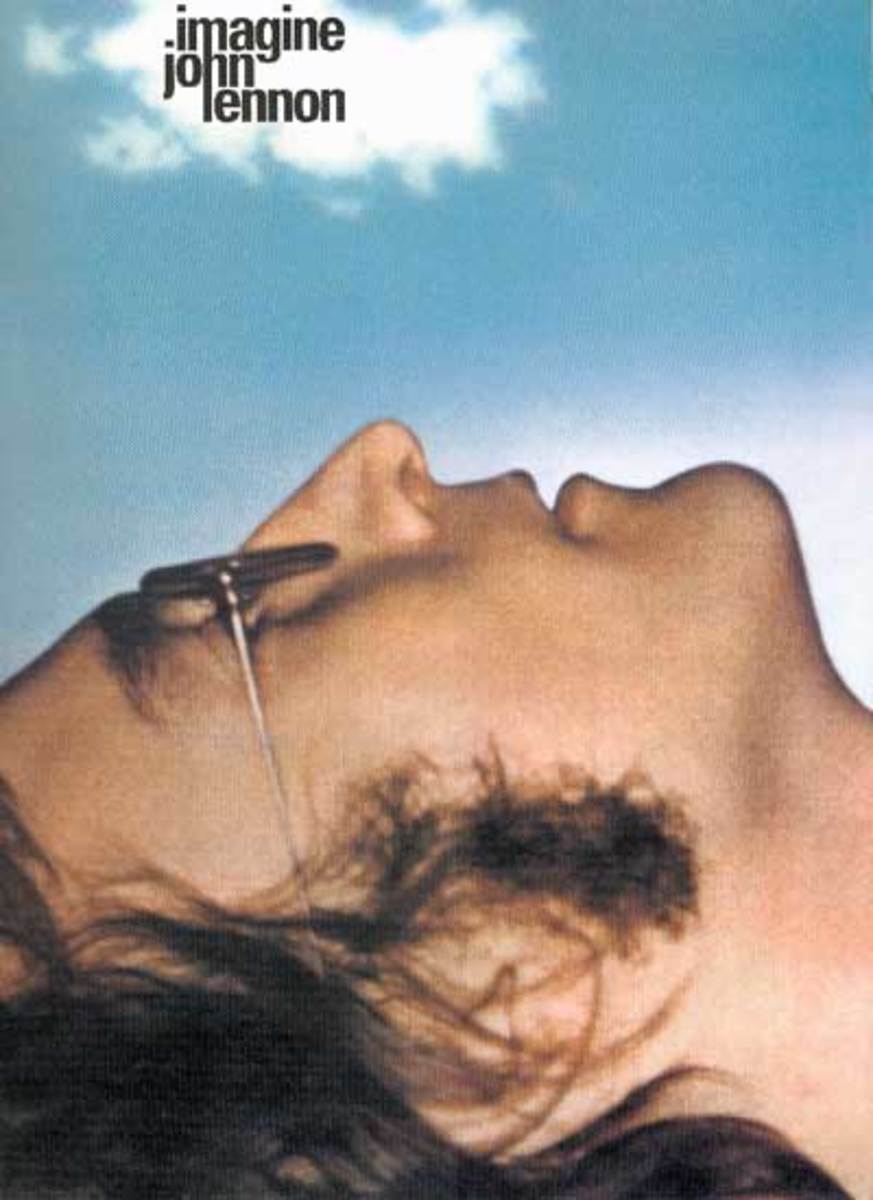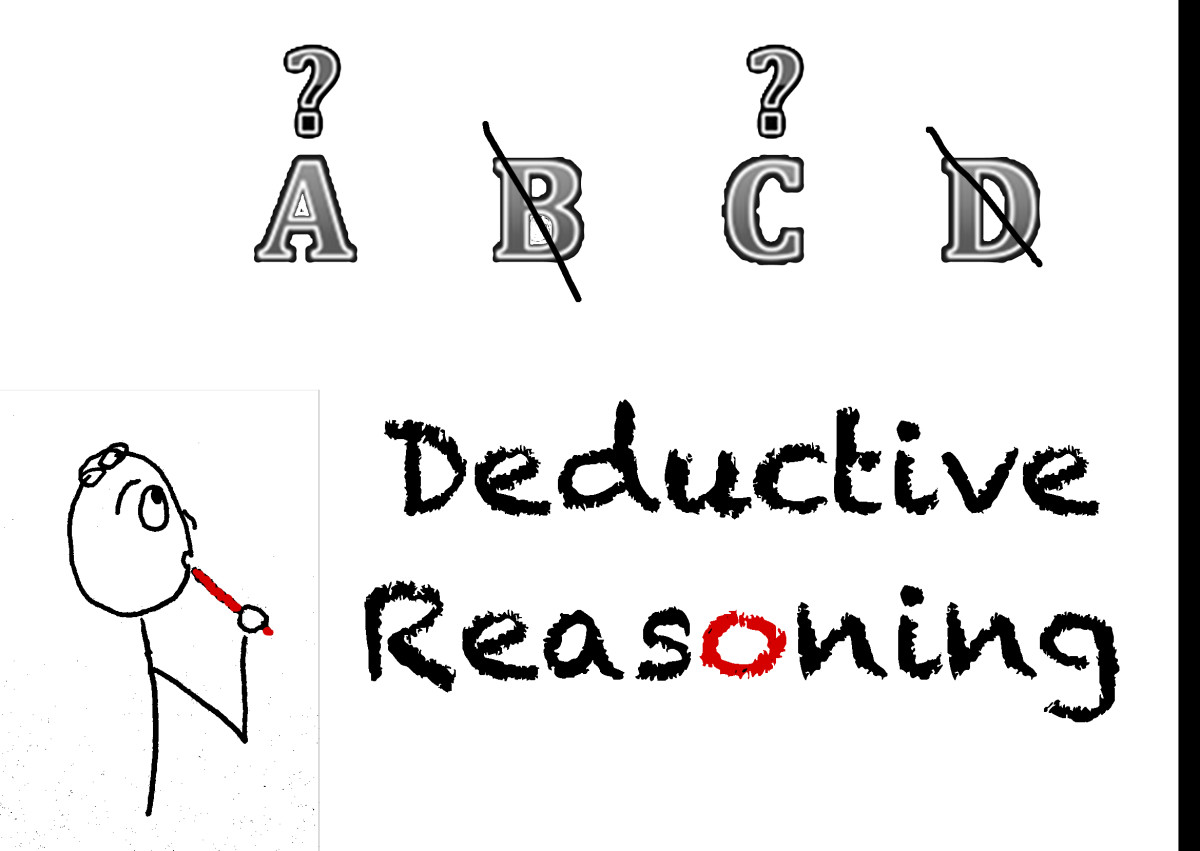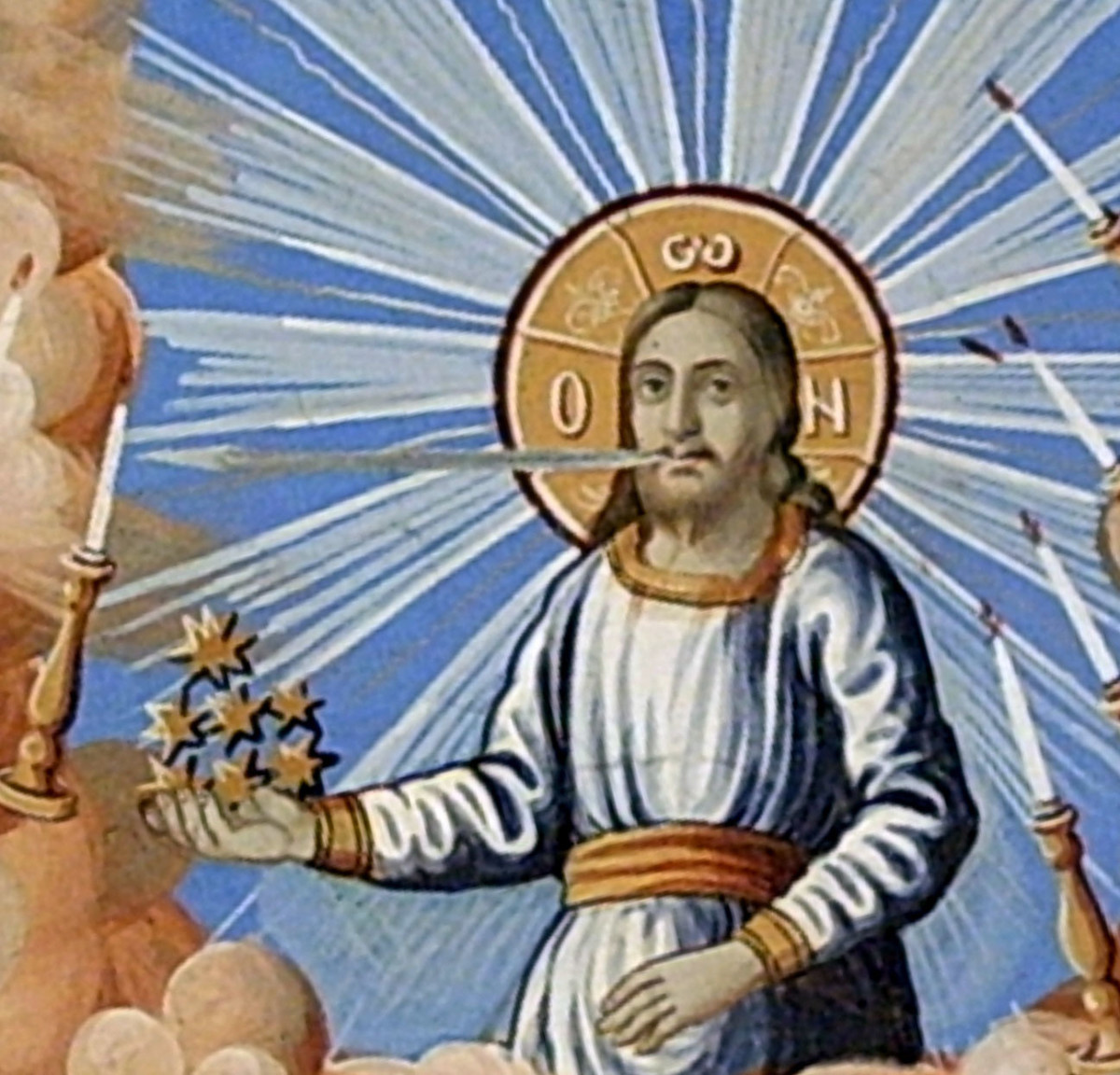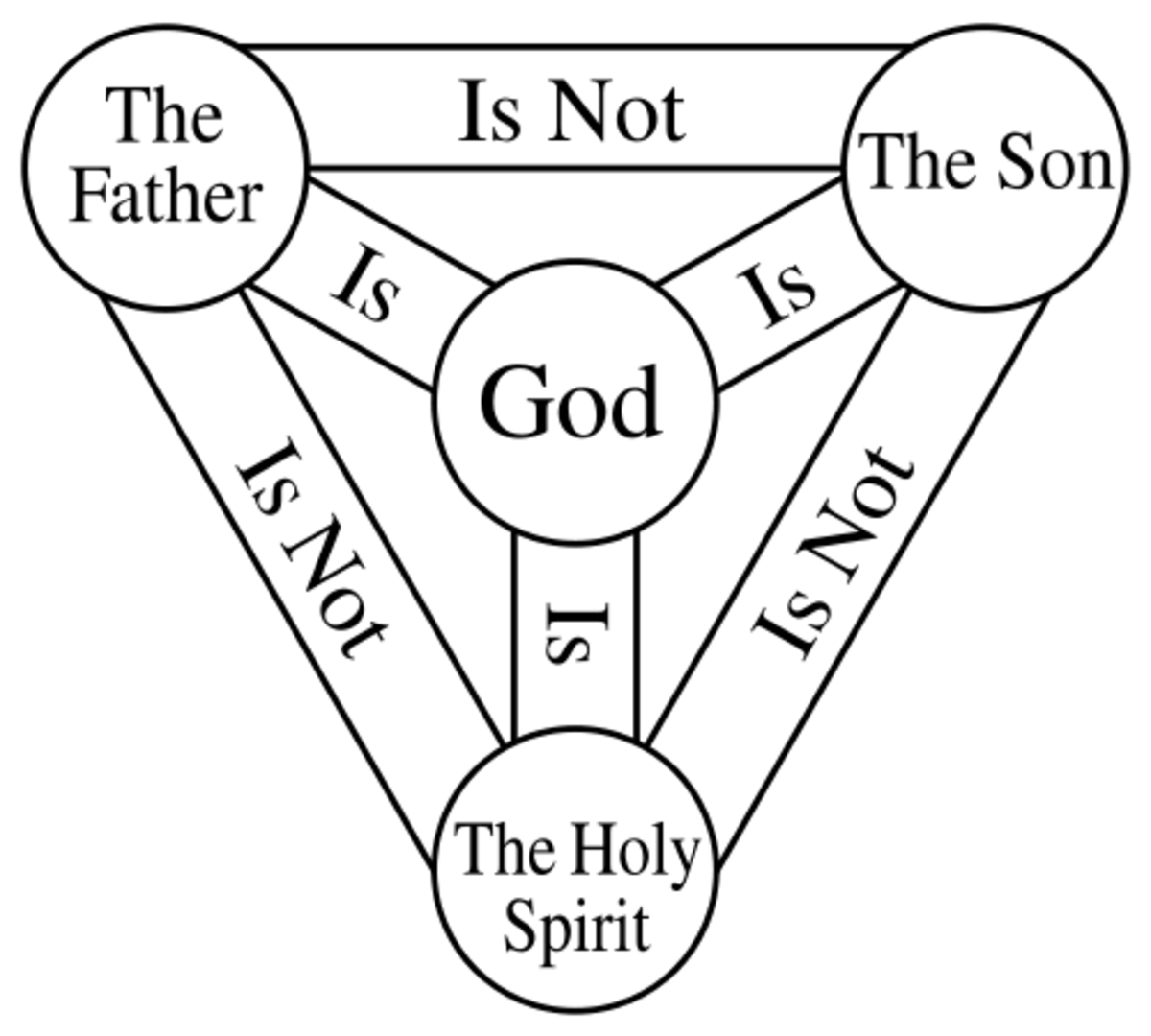Ruminations on Death
Years ago, a woman thrust upon me teaching that true Christians should not mourn at death because we understand that the dead survive in Christ. Such knowledge, therefore, should evoke celebration at death, and weeping at birth, since this life forms a path full of sin and sorrow.
Mourning the death of a friend who I knew left this life with a limited understanding of her potential as a divine offspring of Deity, this woman chastised me for the tears glinting off my cheeks, especially since the person who passed was a sibling to this woman.
Horrified at the words of this woman, and too young to articulate what I felt, I dried my eyes with the hope of proving to this sister who grieved her sibling in a different way than did I that I too truly believed in the reality of Christ. This woman lost two sisters and her mother over the years, remaining alone to stand as the leader of her family of nieces and nephews. All of that loss created within her a specific narrative of how life "MUST" exist for all people. This woman's idea that death does not frighten those who know the true meaning of life is only partially true.

As painful as this mortal experience is for many of us, this life is the greatest opportunity for any man or woman to become perfected and holy because, in it, we can change.
Death represents the "unknown country" to many because from there, some claim, no one has returned. Narratives of such returns dot the world in varying manifestations with Jesus Christ as the most popular. Determining a definitive path of truth regarding life proves complicated since most people tend to want to sweep Jesus’s resurrection aside as comforting sayings from the primitives to explain something perceived inexplicable so that the masses would not lose hope. That, however, remains another path to explore.
Celebrate Death. Mourn the Birth
Today that teaching exists still in the minds of some Christians: celebrate the death of a loved one and mourn at his or her birth. A Creole tradition in Lousiana and parts pull together with a street band to serenade the depart into the spirit world with a funeral march.
A brass band plays the slow mournful music to the burial site until the body arrives for interment. Following that, the uptempo music comes with dancers, and such, in celebration.
That cultural manifestation brings psychological healing in its process because at least mourning is allowed! No sane person thinks that grief for the loss of a loved one goes away because of a knowledge of the afterlife. Just like any separation from a beloved, time apart is still felt, whether the beloved is in the next state or the next realm of spirits.
Life is not meant to end, ever. Life continues in another form where death is only a temporary separation that transitions to another aspect of an eternal existence that has no linear conception—at least not in a manner of present calculation.
"Imagine" by John Lennon Might be true in Part
Adulting. and reading the sacred records personally, I now have a more mature understanding of death and the proper role of what types of emotions should accompany such an event.
Jesus understood the afterlife, yet still, He wept when He lost Lazarus—whose life returned to him within hours of Christ finding out about his death. Death contains no mystery for those who seek to understand. How can it be?
Millions of people have recorded their death experiences to life following mortality revealing to the world a bit of truth. Where do we go when we die? Nowhere.
Life is not meant to end, ever. Life continues in another form where death is only a temporary separation that transitions to another aspect of an eternal existence that has no linear conception, at least not in a manner of present calculation.
John Lennon taught a philosophy to end strife in the world in a song:
Imagine there's no heaven
It's easy if you try
No hell below us
Above us only sky
Well, I submit there is no heaven in the sky or no hell below, as has been mythically concluded by theists in the past. The consensus of all the death experiences of all people in every culture reveals that death leads to this same planet that we call home in mortality. Heaven is here on earth. Hell is here on earth. Purgatory is just another condition of humanity on earth after mortal life. It is all here.
Life never ends for any person, good or bad. Let that sink in for a moment, or two, before making a case against it.
See if it rings true in your soul.
- Do you remember coming into existence?
- Can you imaging ending?
- In the end, what do you see, blackness? That is still something!
Mortal life is not the beginning. It will not be the ending either. Understanding that life is never over, that there is more of the same coming with more things to learn, maybe will stop people from forcibly ending mortality thinking the blackness of annihilation only awaits.

Unlock the Happy Door
Life, just life is fragile. Mortal life can come to a conclusion at the slightest activity.
Everything depends on this life that we live—how the next portion of it will turn out. As painful as this mortal experience is for many of us, this life is the greatest opportunity for any man or woman to become perfected and holy because in it we can change.
Each second gives a man or woman time to move to a new system of happiness and completion. Seeing the other side of life is not the key to happiness. Knowing what comes next does not give an advantage to a person who does not use that knowledge to improve his or her situation.
The key to happiness is using the time available to serve others developing within ourselves the characteristics that will sustain us for the eternities to come. Because a direct conversation about how life works bores most of humanity, God gives us stories. We need people to care about and identify with so that we can abstractly see ourselves in a situation, concluding how we can change our behavior to behave better.
So, the holy records are filled with stories. The story recorded of our lives in heaven covers points in time where things could have gone poorly and did go poorly. Situations arose for learning and introspection. Lessons of life are learned, and relationships deepened.
The key to happiness is using the time available to serve others developing within ourselves the characteristics that will sustain us for the eternities to come.
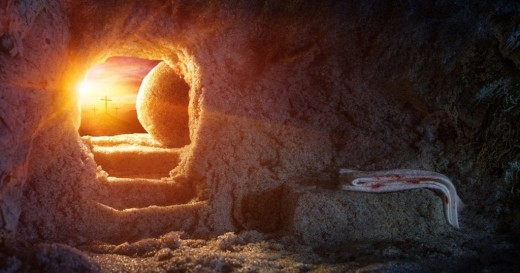
This content reflects the personal opinions of the author. It is accurate and true to the best of the author’s knowledge and should not be substituted for impartial fact or advice in legal, political, or personal matters.
© 2019 Rodric Anthony Johnson

